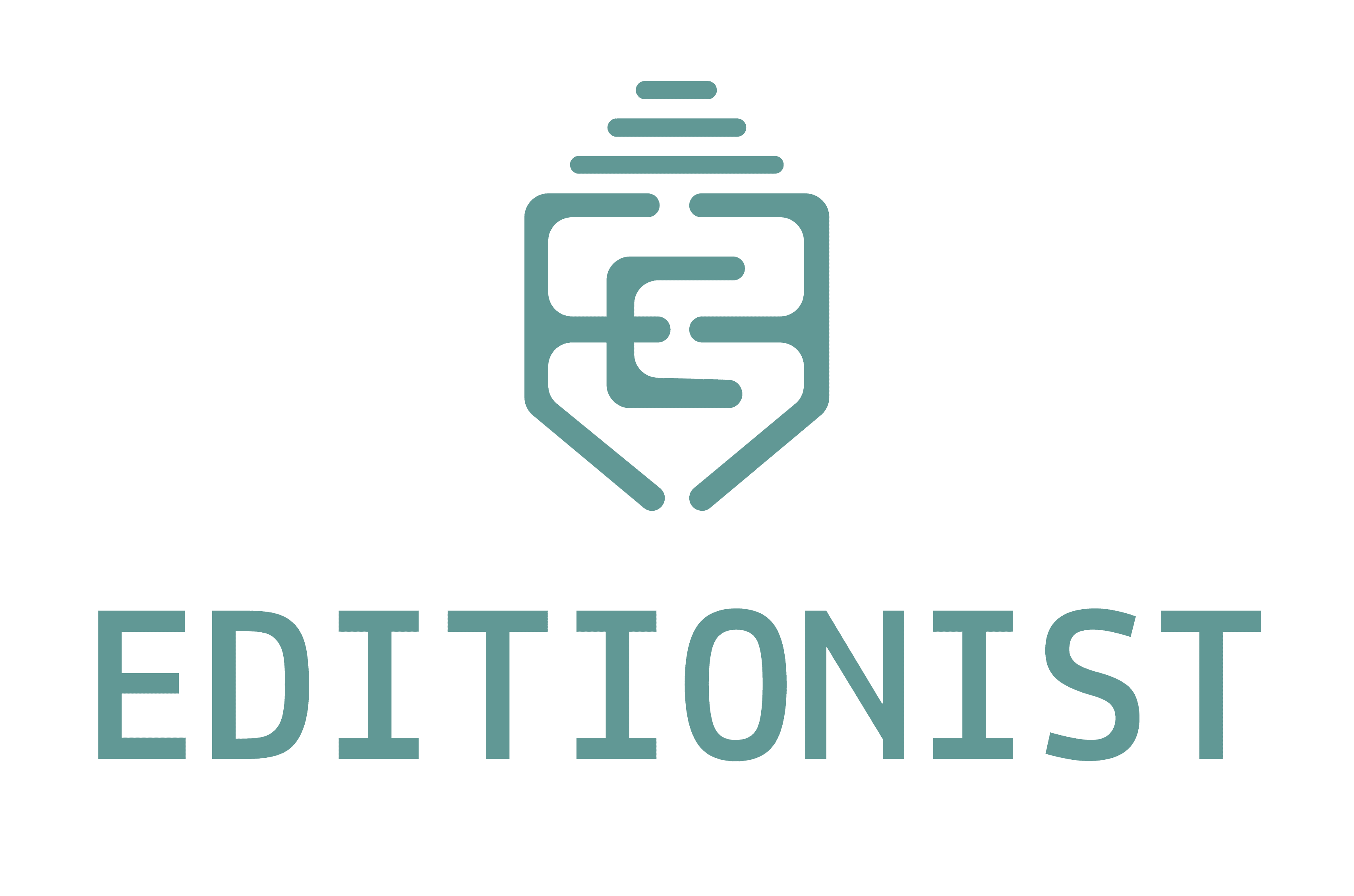The concept of a four-day workweek has gained significant attention in recent years as discussions around work-life balance and employee well-being have taken center stage.
This shift in mindset aligns closely with the values and aspirations of Generation Z, the demographic cohort born between the mid-1990s and early 2010s. In this article, we will explore how Gen Z drives the conversation around the four-day workweek and why it has become a compelling solution for the modern workforce.
Seeking Work-Life Integration
Unlike previous generations, Gen Z values work-life integration over traditional work-life balance. They strive for meaningful careers that allow them to pursue personal passions, engage in social causes, and prioritize their mental and physical well-being.
The traditional five-day workweek, with long hours and limited flexibility, can hinder their ability to achieve this integration. Gen Z sees the four-day workweek as an opportunity to better align their personal and professional lives.

Embracing Flexibility and Efficiency
Gen Z has grown up in a digital era of rapid technological advancements. They are accustomed to instant communication, remote work, and flexible schedules.
As digital natives, they understand that productivity and efficiency depend not solely on the number of hours worked but on the quality of work and the effective use of time. If implemented strategically, a four-day workweek can increase productivity, reduce burnout, and improve work-life balance.
Prioritizing Mental Health
Mental health is a significant concern for Gen Z. They have witnessed the consequences of a hyper-connected and always-on work culture, leading to increased stress, anxiety, and burnout.
Gen Z recognizes that a shorter workweek can alleviate some of these mental health challenges. By having an extra day off, they can engage in self-care, pursue hobbies, spend quality time with loved ones, and recharge, ultimately enhancing their overall well-being and job satisfaction.

Boosting Employee Engagement and Retention
Companies that embrace the four-day workweek may experience a competitive advantage when attracting and retaining Gen Z talent. This generation places a premium on workplace benefits and values employers who prioritize their well-being.
Offering a shorter workweek can be an attractive perk that sets organizations apart and fosters a positive company culture. Increased employee engagement and retention, in turn, contribute to greater productivity, innovation, and organizational success.
Adapting to Technological Advancements
The advent of automation and artificial intelligence is reshaping the workforce and redefining traditional job roles. Gen Z recognizes the need to adapt to these changes and develop new skills.
A four-day workweek can create opportunities for reskilling, upskilling, and pursuing educational endeavors outside work. This flexibility allows individuals to acquire new competencies, stay relevant in a rapidly evolving job market, and maintain a healthy work-life-learning balance.

Shifting the Paradigm of Productivity
The traditional 40-hour workweek has long been considered the standard for productivity. However, emerging research challenges this notion. Studies have shown that reducing the number of workdays while maintaining the same output level can lead to higher productivity, creativity, and employee satisfaction.
Gen Z is at the forefront of embracing this paradigm shift and advocating for a results-oriented approach that focuses on outcomes rather than hours spent at the office.




